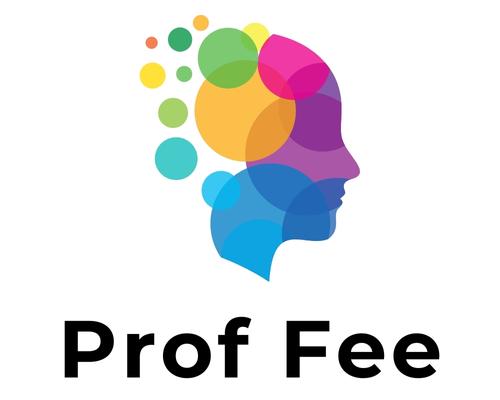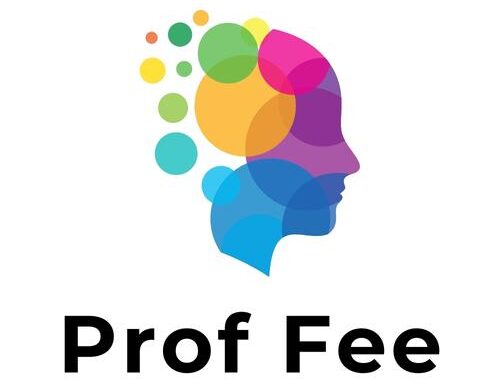When navigating grief, choosing the right professional to support your healing is essential. Two common options are grief and loss counsellors and grief therapists. While their roles may overlap, there are distinct differences in their training, approaches, and the type of support they offer. Understanding these differences can help you make an informed decision about which is best for your needs. At The Wisdom of My Grief, both types of professionals provide compassionate and personalized care. This article explores the key distinctions to help you choose the right support for your journey.
What Is a Grief and Loss Counsellor?
Grief and loss counsellors specialize in helping individuals navigate the emotional and practical challenges of loss. They focus on creating a safe space for clients to process their emotions and develop coping strategies.
Training and Background
Counsellors typically hold certifications or degrees in counseling, psychology, or related fields. They may have specialized training in grief and loss but are not necessarily licensed to diagnose or treat mental health conditions.
Approach
Grief and loss counsellors often take a client-centered approach, focusing on active listening and emotional support. They guide clients through the grieving process and help them build resilience and coping skills. Sessions may include techniques like journaling, mindfulness, or relaxation exercises.
What Is a Grief Therapist?
Grief therapists are licensed mental health professionals who provide therapy to individuals coping with loss. Their training allows them to address more complex or clinical aspects of grief, such as depression or anxiety disorders triggered by loss.
Training and Background
Grief therapists hold advanced degrees (e.g., Master’s or Doctorate) in psychology, social work, or counseling. They are licensed to diagnose and treat mental health conditions, which may include grief-related disorders like prolonged grief disorder or major depression.
Approach
Therapists often use evidence-based methods like cognitive-behavioral therapy (CBT), acceptance and commitment therapy (ACT), or trauma-focused therapy. They provide structured interventions to help clients address unresolved emotions, change harmful thought patterns, and develop healthier coping mechanisms.
Key Differences Between Counsellors and Therapists
While grief and loss counsellors and grief therapists both offer valuable support, the primary differences lie in their training, focus, and approach:
- Scope of Practice: Counsellors focus on providing emotional support and practical coping strategies, while therapists address both emotional and clinical aspects of grief.
- Training: Therapists have advanced degrees and licensure, while counsellors may have certifications or degrees without clinical licensure.
- Complexity of Issues: Therapists are better suited for addressing grief complicated by mental health conditions, while counsellors are ideal for general grief support.
Which Option Is Right for You?
Choosing between a grief and loss counsellor and a grief therapist depends on your specific needs and circumstances. Here’s a guide to help you decide:
When to Choose a Grief and Loss Counsellor
A counsellor may be the right choice if:
- You’re seeking emotional support and a safe space to share your feelings.
- Your grief is not complicated by other mental health conditions.
- You want help building resilience and practical coping strategies.
When to Choose a Grief Therapist
A therapist may be better suited if:
- You’re experiencing prolonged or complicated grief.
- You have symptoms of depression, anxiety, or trauma related to your loss.
- You need evidence-based interventions or clinical support.
How to Find the Right Professional
Regardless of whether you choose a counsellor or therapist, finding the right professional is essential. Here are some tips:
Research Their Credentials
Look for professionals with relevant training and experience in grief and loss support. At The Wisdom of My Grief, our team includes both counsellors and therapists with specialized expertise.
Schedule a Consultation
Many professionals offer introductory sessions to discuss your needs and goals. Use this opportunity to assess their approach and determine if it feels right for you.
Consider Practical Factors
Think about whether you prefer in-person or virtual sessions, your budget, and whether the professional’s services align with your schedule and location.
Finding the Support You Need
Both grief and loss counsellors and grief therapists offer valuable tools for navigating loss and rebuilding your life. By understanding your needs and the unique strengths of each professional, you can choose the path that feels right for you. If you’re ready to start your healing journey, The Wisdom of My Grief is here to help with compassionate and tailored support. Reach out today and take the first step toward renewal and hope.






